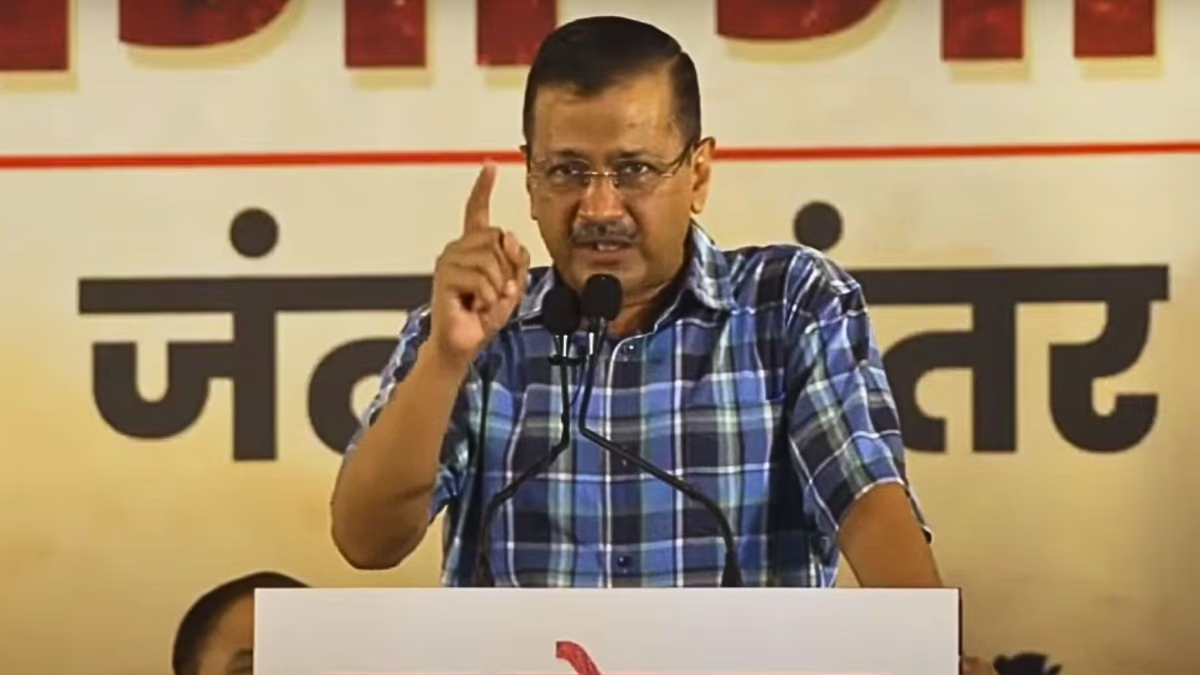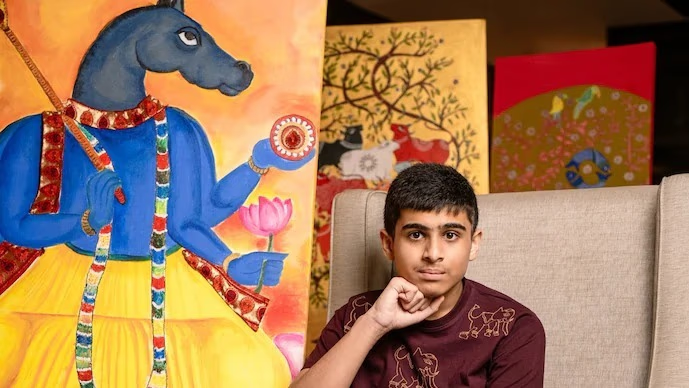The Aam Aadmi Party (AAP) has chosen to distance itself from the opposition alliance known as INDIA bloc. This is not entirely unexpected, given that after the Lok Sabha elections, AAP had almost entirely stepped away from the INDIA coalition. There was, however, a glimmer of hope that the party leadership might revise their strategy following the electoral loss in Delhi. Previously, in the Haryana elections and Delhi Assembly polls, the party opted to go solo rather than forming a coalition with Congress. The wisdom of AAP's decision to contest alone in Haryana and Delhi is now a matter of the past. Political parties often make decisions based on their interests, and AAP's choice was a calculated one.
The outcome of this decision, whether it results in harm or benefit, is yet to be seen and lies in the future. However, at present, the benefit seems apparent to the party. Arvind Kejriwal, the party's chief, might be relatively new to politics, yet he is considered among the sharpest politicians in the country today. It is evident that the decision he has made is seen as beneficial. Let's explore the factors that might have influenced AAP's decision to depart from the INDIA coalition.
1- Undermining its main rival, Congress
The voter base of the Aam Aadmi Party almost mirrors that of Congress. In any contest against the Bharatiya Janata Party, even if AAP and Congress contest together, AAP gains little. Hence, it is more advantageous for AAP to contest separately and absorb Congress's vote bank. Joint campaigning restricts AAP from campaigning against Congress.
AAP understands that while collaboration might offer some seats and votes, the real advantage would skew in favor of Congress. Recognizing this, AAP realizes it needs to undercut Congress significantly before its moment arrives. This insight guided its strategy in the Haryana Assembly elections where it contested alone. Although AAP failed to win any seat in Haryana, it managed to dent Congress's prospects in at least two dozen seats. This scenario repeated in the Gujarat Assembly elections.
2- Amplified hope of becoming the second dominant party in Gujarat
Post its electoral losses in Delhi, the AAP proved it wasn't finished by registering victories in the Punjab and Gujarat assembly by-elections. High hopes dwell in Gujarat for the party. AAP knows that aligning with Congress won't yield significant gains.
In Gujarat's 2022 Assembly elections, AAP dealt a severe blow to Congress, securing a 14% vote share and winning five assembly seats. While Congress was perceived strongly in 2022, primarily due to its stellar performance in 2017, AAP's rise dashed its aspirations. By establishing inroads in tribal and rural regions, previously Congress strongholds, AAP also fortified its urban presence. However, the BJP reaped the benefits of this competition, achieving a historic victory by securing 156 seats.
AAP's push for free electricity and education schemes resonated robustly in Gujarat. Disenchanted BJP supporters found hope in AAP rather than Congress. The disarray in Congress, emanating from weak local leadership and strategic voids, paved the way for AAP, which prefers contesting alone in Gujarat, perceiving it as the best option.
3- Strengthening its unique identity
Emerging from the anti-corruption movement in 2012, AAP positioned itself as a 'common man's' party, emphasizing welfare policies and transparent governance, distinct from traditional politics. Since its inception, AAP has carved a distinctive image, advocating a unique political approach. Arvind Kejriwal often remarked on refraining from supporting or receiving support from any party, a stance resonating well with the public. They managed to secure support independently in Delhi first, then Punjab. Collaborating with Congress fetched no tangible benefits; instead, harms ensued.
Venturing solo in Gujarat, AAP succeeded in securing 14.5% of votes, highlighting its preference for independent contests. The public perceives Kejriwal and his party distinctively. Endeavoring to reinforce their models in Punjab and Delhi, distancing itself from alliances enables AAP to further enhance its distinct identity.
4- AAP is merely distancing from Congress
While AAP parts ways with the INDIA coalition predominantly influenced by its issues with Congress, it continues cooperation with other coalition partners like TMC and DMK on parliamentary matters, as emphasized by party MP Sanjay Singh in a discussion with Aaj Tak.




